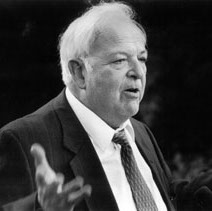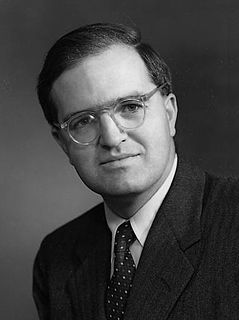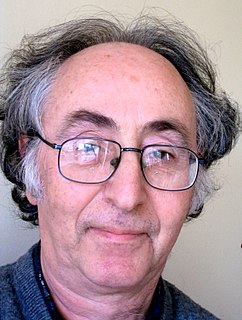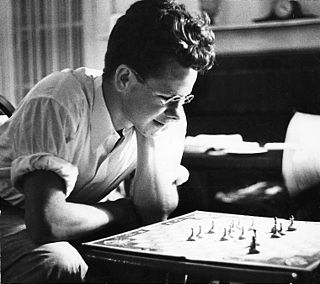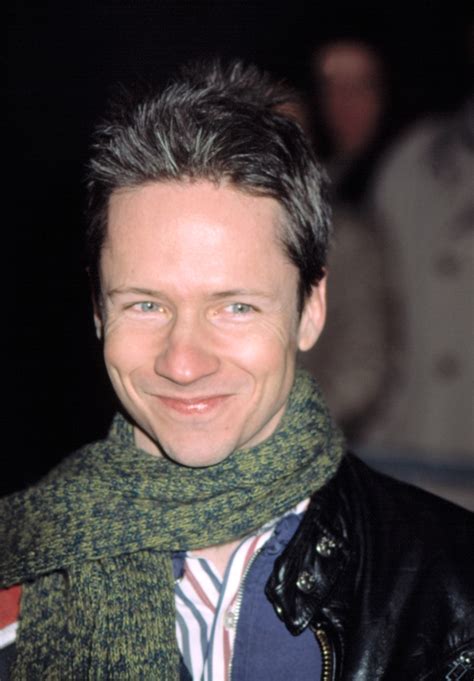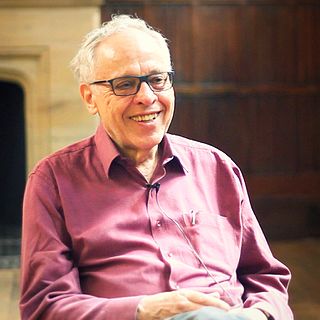A Quote by Burton Richter
In 1948 I entered the Massachusetts Institute of Technology, undecided between studies of chemistry and physics, but my first year convinced me that physics was more interesting to me.
Related Quotes
I read a book called 'The Tao of Physics' by Fritjof Capra that pointed out the parallels between quantum physics and eastern mysticism. I started to feel there was more to reality than conventional science allowed for and some interesting ideas that it hadn't got round to investigating, such as altered states of consciousness.
When I was in college, I didn't like physics a lot, and I really wasn't very good at physics. And there were a lot of people around me who were really good at physics: I mean, scary good at physics. And they weren't much help to me, because I would say, 'How do you do this?' They'd say, 'Well, the answer's obvious.'
